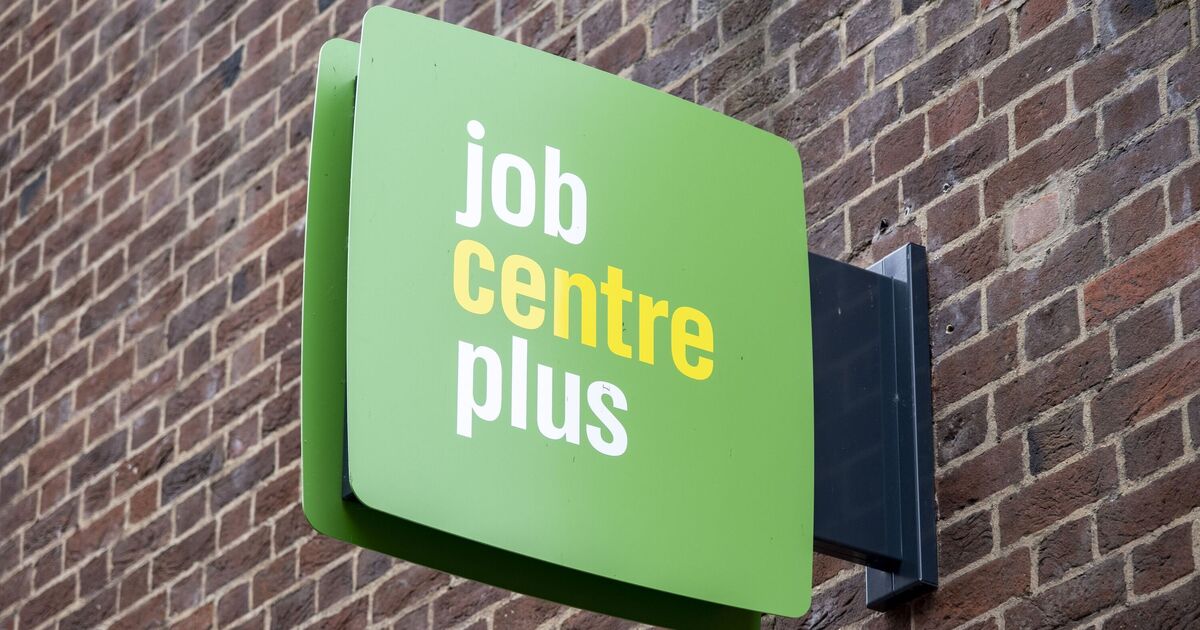
Ministers claim there are as many as 200,000 people receiving health and disability benefits who want to work – ahead of a crackdown on payments.
The claim comes as the government revealed that the number of young people out of work due to mental health conditions has surged by more than a quarter in a year, to reach a record 270,000.
The Department of Work and Pensions (DWP) is keen to lay the groundwork for a radical shake-up in the benefits regime that will see payments stripped from hundreds of thousands of people.
This will include the introduction of tough work capability assessments that will effectively sign people off benefits and push them into the Jobcentre system to find a job.
Jobcentres will be overhauled to include new job, careers and training opportunities, while health experts are being brought in to help people find employment.
The DWP has published a study which, it claims, shows that a staggering 200,000 people claiming health and disability benefits say they are ready to work right now if the right job or support was available.
The bombshell report exposes a broken benefits system that is failing people who want to work but are trapped by bureaucracy and a lack of tailored support.
It comes as the number of young people with mental health conditions unable to work soars to 270,000 – a sharp 26% rise in just one year.
The findings put fresh pressure on the Government to act, with Work and Pensions Secretary Liz Kendall set to unveil a radical overhaul of the health and disability benefits system this spring. Ministers believe the changes will provide meaningful support to those who are keen to re-enter the workforce, boosting their living standards and self-esteem.
Half of mental health sufferers believe they could work
According to the report, nearly half (44%) of people with a mental health condition believe they could work if their health improved.
A further 32% of health and disability benefit claimants believe they could work either now or in the future – with 5% (or 200,000 people) saying they are ready immediately if the right support was in place.
Critics have long argued that the current system traps people in unemployment, with the survey confirming that half of benefit claimants fear losing their financial support if they try work and it doesn’t work out.
Ms Kendall, who is visiting the Workbridge charity today to hear from those affected, said:“Today’s report shows that the broken benefits system is letting down people with mental health conditions who want to work. They have been ignored and shut out of jobs, when they’ve been crying out for support.
“That is a serious failure. It’s bad for people, bad for businesses missing out on talent, and bad for the economy.”
Fixing a ‘broken system’
The upcoming reforms will be a key part of the Government’s Plan for Change, which aims to break down barriers to work and tackle economic inactivity.
The UK is the only G7 country where economic inactivity remains higher than pre-pandemic levels, with soaring benefits bills largely driven by rising claims for mental health conditions.
The Government has pledged to work closely with charities, businesses and disabled people to create a fairer system, which offers genuine support for those who want to work while ensuring taxpayer money is used effectively.
More mental health support on the way
As part of wider efforts to support mental health, ministers have promised:
* 8,500 more mental health staff
* Mental health support teams in every school
* Open-access mental health hubs in every community
The reforms will build on the Get Britain Working White Paper, which aims to achieve an 80% employment rate and drive down poverty across the country.
With record numbers of people now receiving employment advice through NHS Talking Therapies, officials are optimistic that more individuals can find fulfilling jobs that boost both their mental health and financial security.
Time to Talk Day, led by Rethink Mental Illness, Mind, and the Co-op, aims to encourage open conversations about mental health—conversations that today’s report suggests must now turn into action.


















